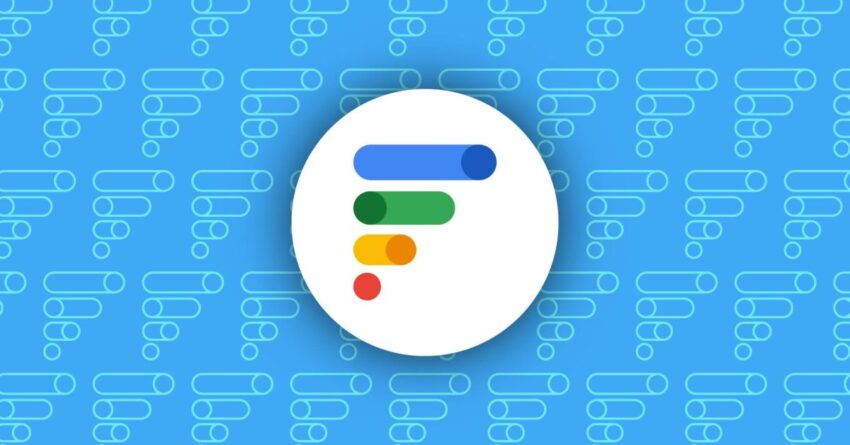
google fi will now show ai summaries Google Fi has announced the introduction of AI-generated summaries for upcoming billing statements, enhancing user experience while also cautioning against over-reliance on artificial intelligence.
google fi will now show ai summaries
Overview of Google Fi’s New Feature
Google Fi, the telecommunications service operated by Google, is known for its innovative approach to mobile connectivity. The latest addition to its suite of services is the implementation of AI-generated billing summaries. This feature aims to provide users with a clearer understanding of their upcoming bills by summarizing charges and usage in an easily digestible format.
How AI Summaries Work
The AI summaries will analyze a user’s billing history, usage patterns, and current plan details to generate a concise overview of what to expect in the upcoming bill. This includes a breakdown of charges for data, calls, and texts, as well as any additional fees that may apply. The goal is to simplify the billing process, making it more transparent and user-friendly.
Benefits of AI-Generated Summaries
The introduction of AI billing summaries offers several potential benefits for Google Fi users:
- Clarity: Users can quickly grasp their expected charges without sifting through lengthy statements.
- Proactive Management: By understanding their upcoming costs, users can make informed decisions about their usage and plan adjustments.
- Time-Saving: The AI-generated summaries reduce the time spent on billing inquiries and clarifications.
Google’s Caution on AI Reliance
Despite the advantages of AI technology, Google has issued a cautionary note regarding the reliability of AI-generated information. The company emphasizes that while AI can provide useful insights, it is not infallible. Users are advised to verify the AI summaries against their actual billing statements to ensure accuracy.
The Importance of User Vigilance
This caution is particularly relevant in the context of billing, where inaccuracies can lead to financial discrepancies. Google’s warning serves as a reminder that while AI can enhance efficiency, it is not a substitute for human oversight. Users are encouraged to remain vigilant and cross-check the AI-generated summaries with their actual bills.
Implications for Users and Stakeholders
The rollout of AI billing summaries has implications not only for Google Fi users but also for the broader telecommunications industry. As AI technology becomes more integrated into customer service and billing processes, it raises several important considerations.
Impact on Customer Experience
For users, the introduction of AI summaries could significantly enhance the overall customer experience. By providing clearer insights into billing, Google Fi is addressing a common pain point for many mobile service users: understanding complex bills. This could lead to increased customer satisfaction and loyalty, as users feel more in control of their finances.
Industry Trends Towards AI Integration
The telecommunications industry has been gradually adopting AI technologies to improve customer service and operational efficiency. Google Fi’s move to implement AI-generated billing summaries aligns with this trend, showcasing how companies can leverage technology to meet evolving consumer demands. Other telecommunications providers may follow suit, leading to a more competitive landscape where AI-driven solutions become the norm.
Potential Challenges and Limitations
While the benefits of AI-generated summaries are clear, there are also challenges and limitations that need to be considered. Understanding these factors is crucial for both users and industry stakeholders.
Accuracy and Reliability Concerns
One of the primary challenges with AI-generated content is the potential for inaccuracies. AI systems rely on algorithms and data inputs, which can sometimes lead to errors. In the context of billing, even minor inaccuracies can result in significant issues for users, such as unexpected charges or confusion over their account status. Google’s cautionary message highlights the importance of maintaining a balance between technological innovation and the need for accuracy.
User Adaptation to New Technology
Another challenge lies in user adaptation to AI technology. While many users may appreciate the convenience of AI-generated summaries, others may be hesitant to trust automated systems. This skepticism can hinder the adoption of new features, as users may prefer traditional methods of reviewing their bills. Google Fi will need to invest in user education and support to facilitate a smooth transition to this new feature.
Future of AI in Telecommunications
The introduction of AI billing summaries is just one example of how artificial intelligence is shaping the future of telecommunications. As technology continues to evolve, we can expect to see even more innovative applications of AI in this sector.
Enhanced Customer Support
Beyond billing summaries, AI has the potential to revolutionize customer support in telecommunications. AI chatbots and virtual assistants can provide immediate assistance to users, answering questions and resolving issues without the need for human intervention. This can lead to faster response times and improved customer satisfaction.
Personalized Services
AI can also enable telecommunications providers to offer more personalized services. By analyzing user data, companies can tailor their offerings to better meet individual needs. This could include customized plans based on usage patterns or targeted promotions that align with user preferences.
Conclusion
The rollout of AI-generated billing summaries by Google Fi marks a significant step forward in enhancing user experience and transparency in telecommunications billing. While the feature promises to simplify the billing process, users must remain vigilant and verify the accuracy of AI-generated information. As the telecommunications industry continues to embrace AI technology, the implications for customer service and operational efficiency will be profound. Google Fi’s initiative may set a precedent for other providers, leading to a future where AI plays an increasingly central role in how we manage our mobile services.
Source: Original report
Was this helpful?
Last Modified: September 30, 2025 at 6:36 am
0 views














